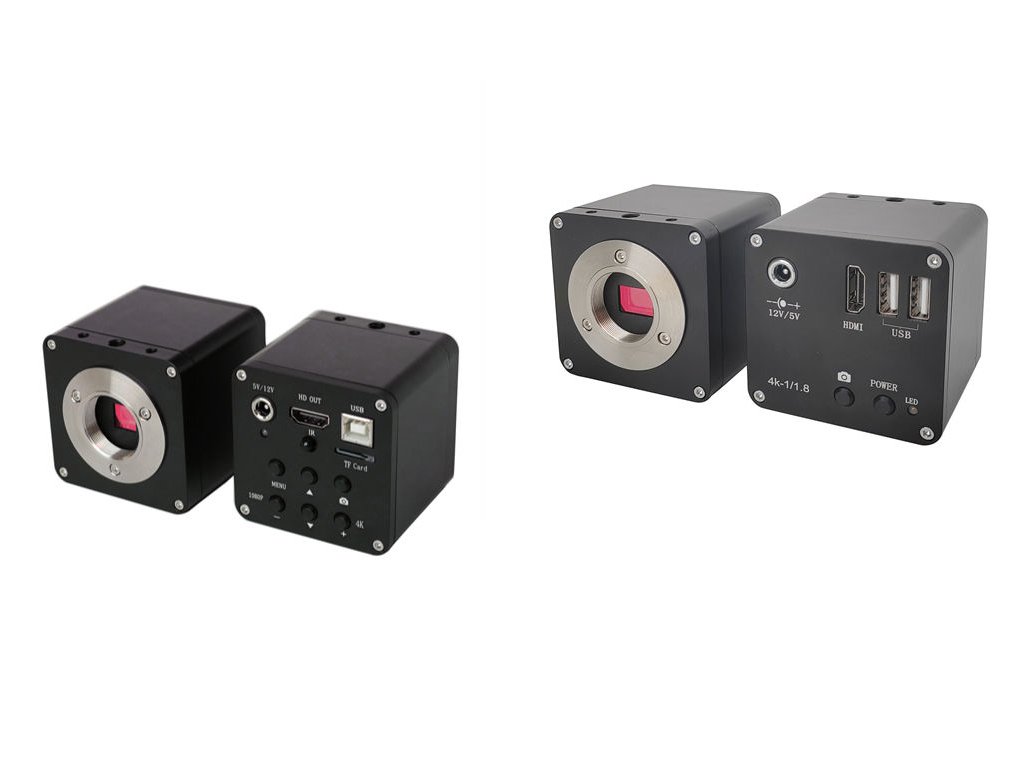Industrial cameras can be categorized into metrology cameras and general industrial cameras, which differ significantly in terms of precision, functionality, and application scenarios. Selecting the right type can enhance inspection efficiency and reduce costs.
1. Key Differences Between Metrology and Non-Metrology Cameras
| Feature | Metrology Cameras | General Industrial Cameras |
| Precision | Extremely high (micrometer or nanometer level) | Moderate (qualitative or rough measurements) |
| Calibration | Requires strict optical calibration | Usually does not require high-precision calibration |
| Applications | Precision dimensional measurement, 3D scanning, semiconductor inspection | Defect detection, barcode reading, surveillance |
| Price | Higher (due to high-precision sensors and calibration) | Relatively lower |
2. How to Choose a Metrology Camera?
Typical Applications
High-precision dimensional measurement (e.g., PCB boards, precision components)
3D profile scanning (e.g., automotive parts inspection)
Optical coordinate measurement (e.g., semiconductor wafer inspection)
Selection Criteria
✅ High-resolution sensor (e.g., 20+ megapixels)
✅ Low-distortion lens (telecentric or high-precision fixed-focus lens)
✅ Stable lighting (to avoid ambient light interference)
✅ Sub-pixel algorithm support (improves measurement accuracy)
✅ Thermal stability (prevents measurement errors due to thermal expansion)
3. How to Choose a General Industrial Camera?
Typical Applications
Surface defect detection (e.g., scratches, stains)
Barcode/QR code recognition (e.g., logistics sorting)
Automated positioning (e.g., robotic pick-and-place)
Surveillance & security (e.g., traffic violation capture)
Selection Criteria
✅ High frame rate (for dynamic scenes, e.g., high-speed production lines)
✅ Global shutter (prevents motion blur)
✅ Environmental robustness (resistant to vibration, dust, etc.)
✅ Interface compatibility (e.g., GigE, USB3.0)
✅ Cost-effectiveness (meets requirements without over-specifying)
4. Summary: How to Decide?
If high-precision measurement is needed (e.g., micrometer-level inspection) → Choose a metrology camera
If only qualitative inspection is required (e.g., defect detection, positioning) → Choose a general industrial camera
Limited budget with moderate precision needs → Prioritize general industrial cameras
Complex optical conditions (e.g., reflections, high dynamic range) → May require a customized metrology solution
Selecting the right industrial camera can significantly improve production efficiency and inspection quality. If you have needs, please contact us. We can help recommend suitable camera models!

